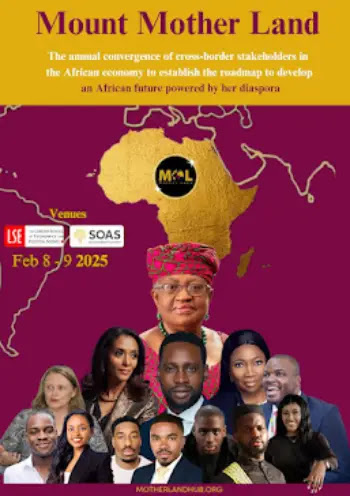Cobhams emphasized the importance of embracing one's identity, especially for individuals living with disabilities. He encouraged people to find strength in their experiences rather than shy away from them.
“My awareness of myself as a blind person makes me work five times as hard as others,” he said. “There’s a stereotype that blind people are incapable, and I’ve made it my mission to prove that wrong. I want to show that I can be capable of so much more.”
Cobhams also challenged the use of euphemistic language when describing disability. He stated his preference for being called “blind” over “visually impaired”, saying that it reflects the reality he lives with and fully accepts.
“I think it’s totally okay to be blind,” he said. “The world has become overly sensitive, and while that has its place, I believe in calling things what they are. Don’t live in denial or hide behind euphemisms. Own your reality and find strength in it.”
“I’m not visually impaired. I’m completely blind — I can’t see a thing. And that’s totally alright. I’ve made peace with it, even found humour in it sometimes. It’s who I am, and I embrace it.”
Despite the challenges, Cobhams’ story stands as a powerful testament to the fact that disability is not inability. His life and career continue to inspire countless others to chase their dreams and defy limitations.









































0 Comments